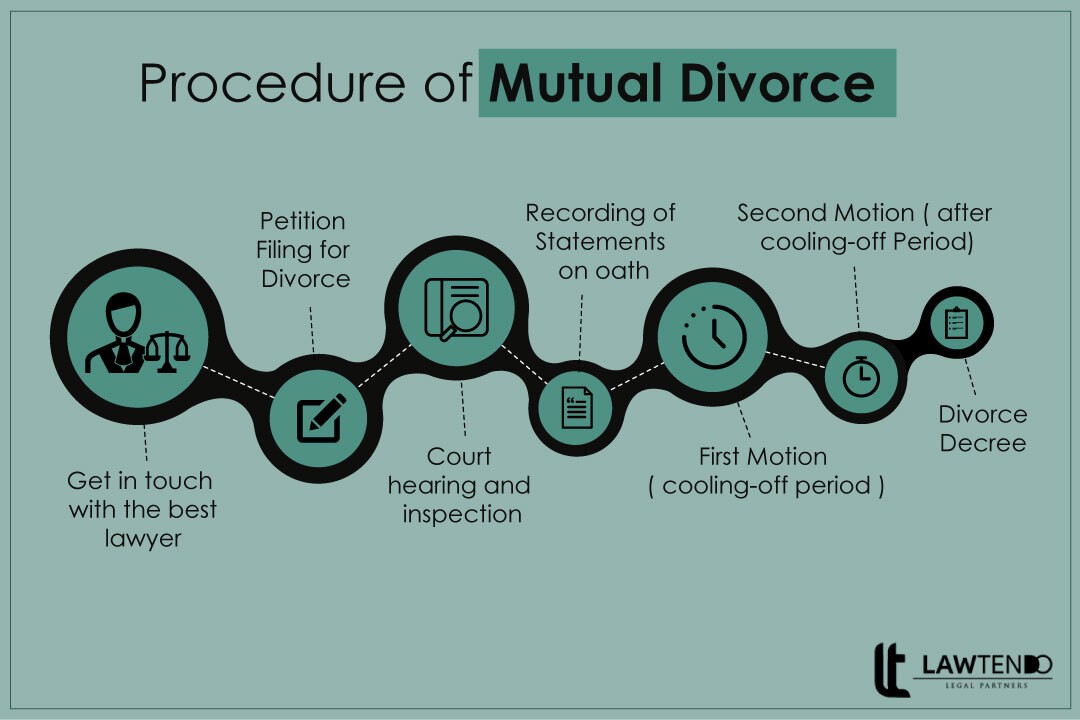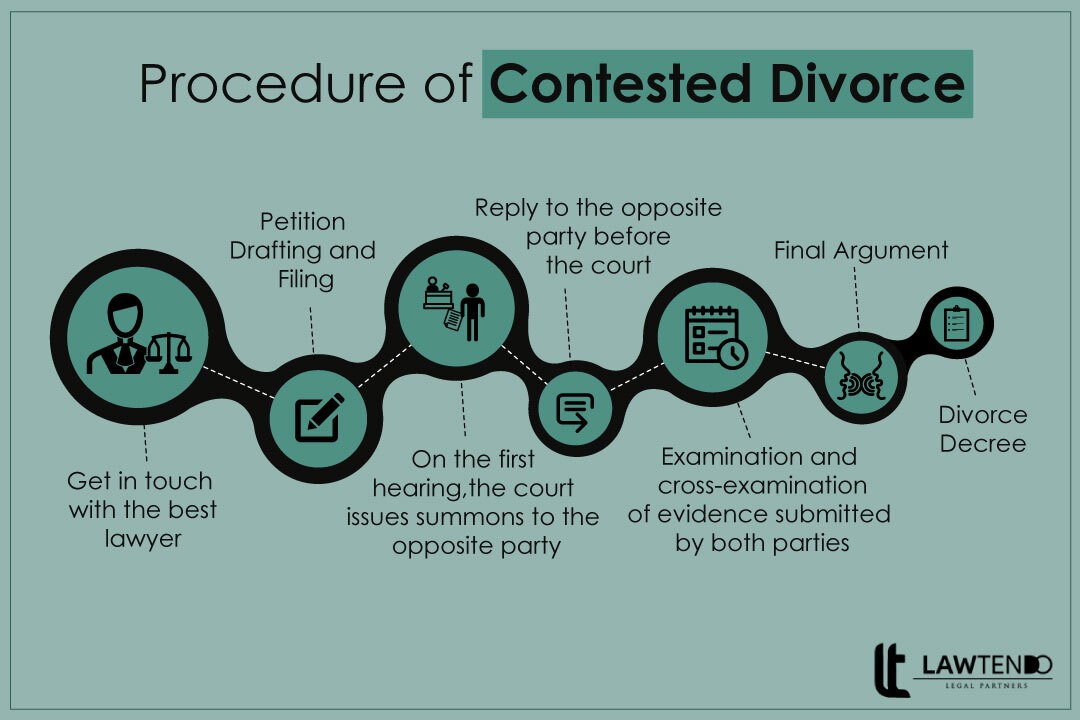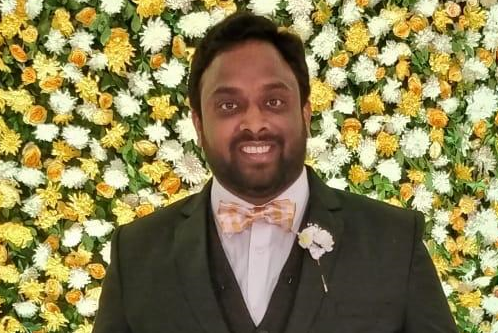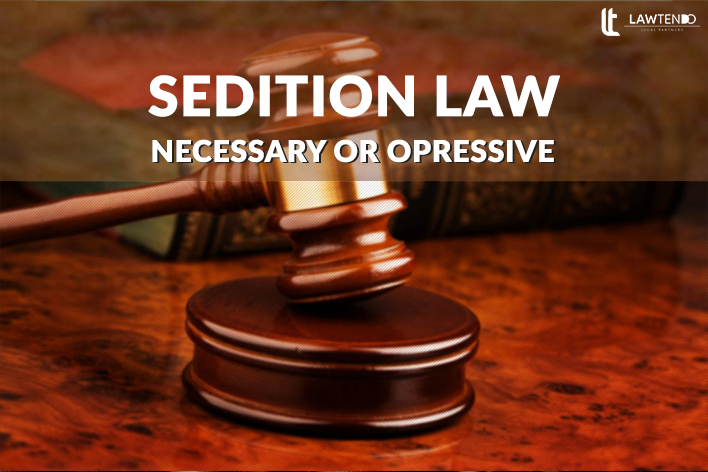BOOK A SERVICE
Services Overview
What is divorce and what are its different types?
Divorce is one of the terms whose image has undergone a complete transformation in the past decade. Which was once considered taboo is now viewed as a means to liberation, freedom, and in some cases empowerment. In simple terms, divorce means the dissolution of marriage. The accompanying legal proceedings which terminate a marital union forms an exhaustive maze of rules, regulations, and process referred to as divorce proceedings.
In India, marriages are considered to be a sacred commitment and are solely governed by our traditional rites and rituals and therefore consequently, divorce is also governed by the customary laws specific to one’s religion. Divorces among the Hindu, Jains, Buddhists, and Sikhs are governed by the Hindu Marriage Act, 1955, that of a Muslim couple is governed by the Dissolution of Muslim Marriage Act, 1939, between a Parsi couple by Parsi Marriage and Divorce Act, 1936 and among Christian community through India Divorce Act, 1869. All the inter-caste, inter-religion, or inter-community marriages and divorces are governed by the Special Marriage Act, 1956.
Divorce under any customary law or statutory rules or regulations in India can be broadly categorized into:
- Mutual Divorce
- Contested divorce
A mutual divorce is the one in which both the husband and the wife willingly express their consent to the legal separation by reaching common and mutually benefitting terms and conditions which shall follow the divorce. The couples who agree to divorce without any resistance, objection or reluctance from either individual to the marriage are said to divorce through mutual consent. A mutual consent divorce is usually inexpensive and less traumatic to both husband and wife. To divorce by mutual consent, the spouses have to reach unambiguous and shared terms of agreement concerning three crucial subject matters namely;
- a. Alimony
- b. Child custody
- c. Property
Therefore, matters of alimony in a mutual divorce, property division, and child custody in mutual divorce are negotiated by the spouses before approaching the court of law.
A contested divorce is the one in which one of the parties to the marriage, the husband or the wife, seeks divorce from their spouse, an idea which is met by strong opposition and reluctance from their partner. In other words, contested divorce reflects an unfortunate situation wherein one spouse is determined to seek dissolution of marriage. However, it is crucial to remember that the grounds on which one can proceed for a divorce are strictly defined and pre-determined as per the governing statutes and laws.
What are the various grounds for divorce in India?
Under our Indian laws, most of the divorce grounds are based on fault theory, as per which when one of the spouses commits any of the below listed matrimonial offenses against the other, the innocent party is entitled to seek dissolution of the marriage. However, it becomes pertinent to keep in mind that every disagreement between a married couple or any hardships and challenges which are a part of any relationship bound by matrimony does not form a ground for divorce in India.
In general, the grounds of divorce common for both a man and a woman in a marriage can be generalized and summarized as provided under the various customary and statutory laws in India.
- Adultery: The act of indulging in a sexual relationship outside of marriage is known as adultery. In a scenario where any one of the spouses indulges in an extramarital affair, it entitles the other spouse to file a divorce petition in the appropriate court of law.
- Cruelty: In the context of divorce, cruelty can be either physical or mental. The validity of the claim of mental cruelty is adjudicated upon by the court based on the facts and circumstances unique to each case, as mental cruelty is variable in each case. Further, as per the Hindu divorce laws, if any one of the spouses has a reasonable apprehension of being subjected to cruelty, it forms a valid and sufficient ground for divorce.
- Desertion: If any one of the parties to the marriage abandons his/her spouse without any reasonable cause forms a lawful ground for divorce. To successfully obtain a divorce, it is important to prove that the spouse who deserted had an intention to do so, and valid proof of desertion should be presented in the court. As per the Hindu laws, such desertion should have lasted for a continuous period of two years.
- Conversion: In a scenario wherein either of the two parties to a marriage changes faith and/or religion, the other party automatically gets the right to file for divorce.
- Mental disorder: If one of the spouses suffer from a mental disorder or insanity which is incurable, such insanity or mental disorder becomes a valid ground for divorce.
- Leprosy: Where one of the spouses suffers from the leprosy of a “virulent or incurable” nature the other spouse becomes entitled to file for divorce.
- Venereal disease: If the husband or the wife suffers from a communicable venereal disease it becomes a valid ground for divorce.
- Renunciation: In a case where either of the spouses has opted for sannyasa, the other spouse can proceed to file for a divorce before the appropriate court of law.
- No resumption of cohabitation: if the married couple fails to cohabit as husband and wife during the marriage or in other words if either of the spouses is denied a reasonable or ‘expected’ sexual intercourse during the marriage and in a scenario where there is an absence of sexual intercourse between the spouses, it becomes a reasonable ground for divorce.
What is the procedure to file for divorce in India?
Before any petition of divorce is filed at the court of law by either of the spouses, serving of a legal notice enumerating such intention of divorce becomes crucial as it grants a platform to initiate a dialogue between the couple to discuss the challenges and problems they are facing and to communicate the clear and unambiguous grounds, intentions and expectations in result to the divorce. Sending a legal notice is the first step towards severing the bond of ‘husband and wife’ between the spouses.

The mutual consent divorce process
- Petition to file for divorce - the first step towards obtaining a mutual consent divorce is to file a joint petition before the family court of appropriate jurisdiction which shall duly state that the couple has failed to live together as husband and wife and have now mutually agreed to terminate the bond of holy matrimony, which shall be signed by both the parties. In cases of mutual consent, the divorce lawyer engaged by the party should be the one well versed with the process of the court.
- Appearance before the court and inspection of the petition - once the joint petition is filed the court proceeds to scrutinize the petition and, in some cases, attempts to reconcile the differences between the couple, however, if the couple is unwilling the matter is put up for subsequent follow-ups and hearings.
- Recording of statements on oath - once the petition of divorce is duly scrutinized by the court, it orders for the recording of statements of the parties to the divorce on oath.
- The first motion - after the statements of both the parties are recorded on oath the court passes the first motion to the divorce petition after six months is granted to the estranged couple as the last resort at reconciliation. Recently by the decision of the Hon’ble Supreme Court the six months cooling-off period can be waived off at the discretion of the court.
- Second motion- on expiry of the six months granted to the estranged couple and on the failure of reconciliation the parties can then proceed towards the final hearing.
- Divorce decree- once the court is satisfied that the divorce is a consequence of the mutual agreement between the parties and that the estranged couple has reached common ground concerning the issues of property, alimony, and child custody the court proceeds to pass a final decree declaring the marriage dissolved.

- Contested divorce process Contested divorces are particularly tedious, challenging, and exhausting. As compared to divorce by mutual consent. This is because of the constant repulsion and challenge to the decision of separation by the other party. Matters further get complicated due to the unending disagreements, quarreling, and manipulations on the matters about the property, alimony, child custody, etc.
- The first step towards seeking a contested divorce is to prepare oneself for the long grueling and draining battle that lies ahead of oneself. It is crucial to think this decision through and not react to a situation in a state of agitation and anger. The process of contested divorce takes a toll on one’s mental and emotional well-being therefore it is important to equip oneself with reality.
- Engaging a credible lawyer, having expertise in the subject matter if by far the most important step. The process involves meeting with multiple lawyers, discussing your facts and other requisite concerns. A good lawyer by your side means half the battle won.
- Thirdly, the divorce petition is drafted containing the facts of the case, the ground(s) for seeking a divorce, etc. Subsequently, the petition is filed in the appropriate court of law. The petition can be filed at the following places:
- a. Place of marriage
- b. Place where the spouse last resided together
- c. The place of the resident of the respondent (the opposite party)
- d. The place where the petitioner (the one seeking divorce) is residing at the time of filing the petition.
- Upon the filing of the petition, the matter is listed in the court. The first hearing or the admission hearing commences where the court issues summons to the opposite party.
- The opposite party, at this point, is expected to file a reply to the claims in the petition. If they fail to respond within the stipulated period, then the court proceeds to commence the hearing without the presence of the opposite party, which is referred to as ex parte hearing.
- The issues are framed by the court, which means the court determines the facts on which it needs to adjudicate. The parties then have to provide relevant evidence on those points of fact.
- Examination and cross-examination are done by both parties with respect to the evidence presented by them in the court of law. The petitioner files their evidence first, followed by the respondent.
- Finally, the matter reaches the stage of final argument wherein both sides present the summarized merits of the case in their favor and highlight the demerited claims of the opposite parties.
- Based on the merits of the case, facts in issue, and the relevance of the evidence a divorce decree is granted by the court.
How is alimony/maintenance decided in India?
In general, the wife is entitled to receive a set maintenance amount till the time of her remarriage from her estranged husband which is decided based on the financial capability of the husband, however with the changing dynamics of the position of women in the society the honorable courts of India have in many cases held that if a woman is capable of earning and maintaining herself by the virtue of her professional success the husband is then not liable to pay maintenance to his estranged wife. There is no limit to the amount of maintenance and alimony which can be set by the court, as it is decided as per the facts of each case, the economic well-being of the responsible party, etc. Therefore, the question of alimony and maintenance is variable in every case.
When it comes to child custody divorce mother is usually preferred to be the primary custodian when the child is of tender age, however, the issue of custody is based upon the best interest of the child and his or her personal preferences. It is crucial to note that the earning capacity of any of the parties is, not a deciding factor while adjudicating upon the issue of child custody. The “best interest” of the child shall always be the deciding factor in these cases.
When can the divorced person remarry?
After a divorce decree is granted by the court and no appeal is filed against the said decree by either of the parties and/or the time for filing an appeal has been expired, it is assumed that both the parties are satisfied with the decision of the court, and henceforth, the involved parties can proceed to move on and remarry.
India is a country where marriages are considered to be a sacred commitment. At the background of such values and ideologies, the phenomenon of divorce becomes a tedious and challenging step for the estranged couple. In addition to fighting the challenges of the matrimonial separation, the couple also has to fight the social stigma together and at individual levels. In light of these challenges, the divorce laws in India are fair and practical for both parties involved. It gives ample time for the estranged couple to reconcile and if the reconciliation fails the interest of both the parties is protected and considered to a fair extent.
Documents Required:
- Address proof of the husband
- Address proof of the wife
- Marriage certificate
- Four passport size photographs of the marriage between husband and wife
- Evidence proving that the husband and the wife have been living separately for more than one year
- Evidence proving the failed attempts at reconciliation
- Income tax statements from the last 2-3 years
- Details of the profession and present salaries
- Family background
- Details of property and other assets owned by the petitioner.
Divorce Lawyers
-

Advocate T JAYANT JAISOORYA
Practice Area : criminal law, civil law, divorce and alimony, trade mark and copyright, property dispute, family dispute, cheque
City: hyderabad
Practicing Since: 11 Years
VIEW PROFILE -

Advocate Dhananjay Singh Sehr...
Practice Area : criminal law, civil law, , , , property dispute, customs and central excise, cheque bounce, arbitration, corporate
City: central delhi
Practicing Since: 02 Years
VIEW PROFILE -

Advocate Salman Saeed Balbale
Practice Area : divorce and alimony, trade mark and copyright, motor accident, insurance laws, property dispute, taxation,
City: mumbai city
Practicing Since: 04 Years
VIEW PROFILE
View More



